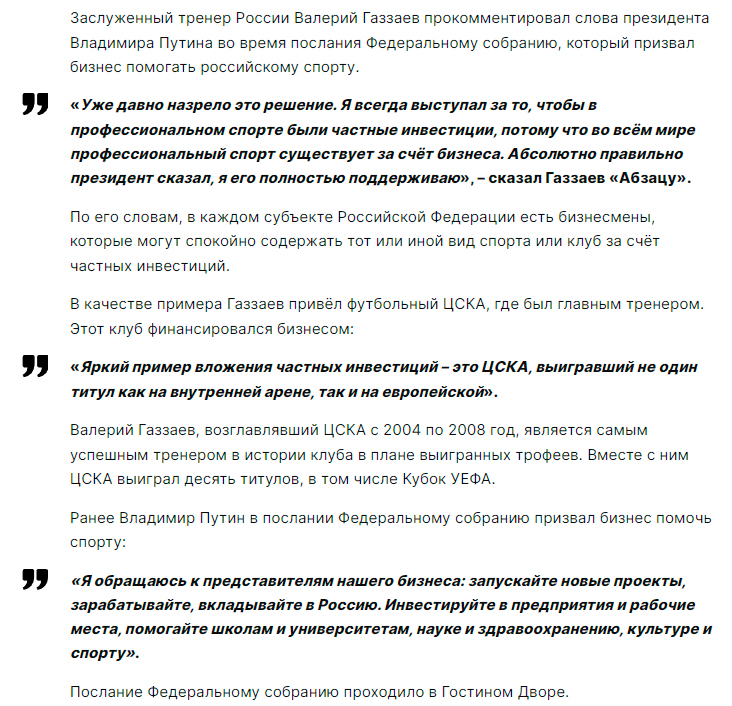Valery Gazzaev
The sports community has been quick to condemn the actions of Russian football coach Valery Gazzaev, who publicly expressed his support for Vladimir Putin in the wake of Russia's military intervention in Ukraine. Gazzaev's decision to align himself with Putin's stance has sparked outrage among sports enthusiasts and commentators, highlighting the potentially far-reaching consequences of such affiliations.
Gazzaev's public endorsement of Putin's actions has drawn criticism for its insensitivity to the gravity of the situation in Ukraine and its disregard for the principles of diplomacy and international cooperation. Many argue that sports figures, particularly coaches with influence over young athletes, have a responsibility to promote unity and understanding rather than contributing to the polarization of international affairs.
The incident serves as a stark reminder of the impact that athletes, coaches, and sports personalities can have on public opinion and discourse. The sports community is now grappling with questions about the appropriate role of sports figures in political matters and the ethical considerations of publicly supporting actions that have far-reaching geopolitical implications. The situation has reignited conversations about the need for sports figures to exercise caution and responsibility when engaging in public discourse.
